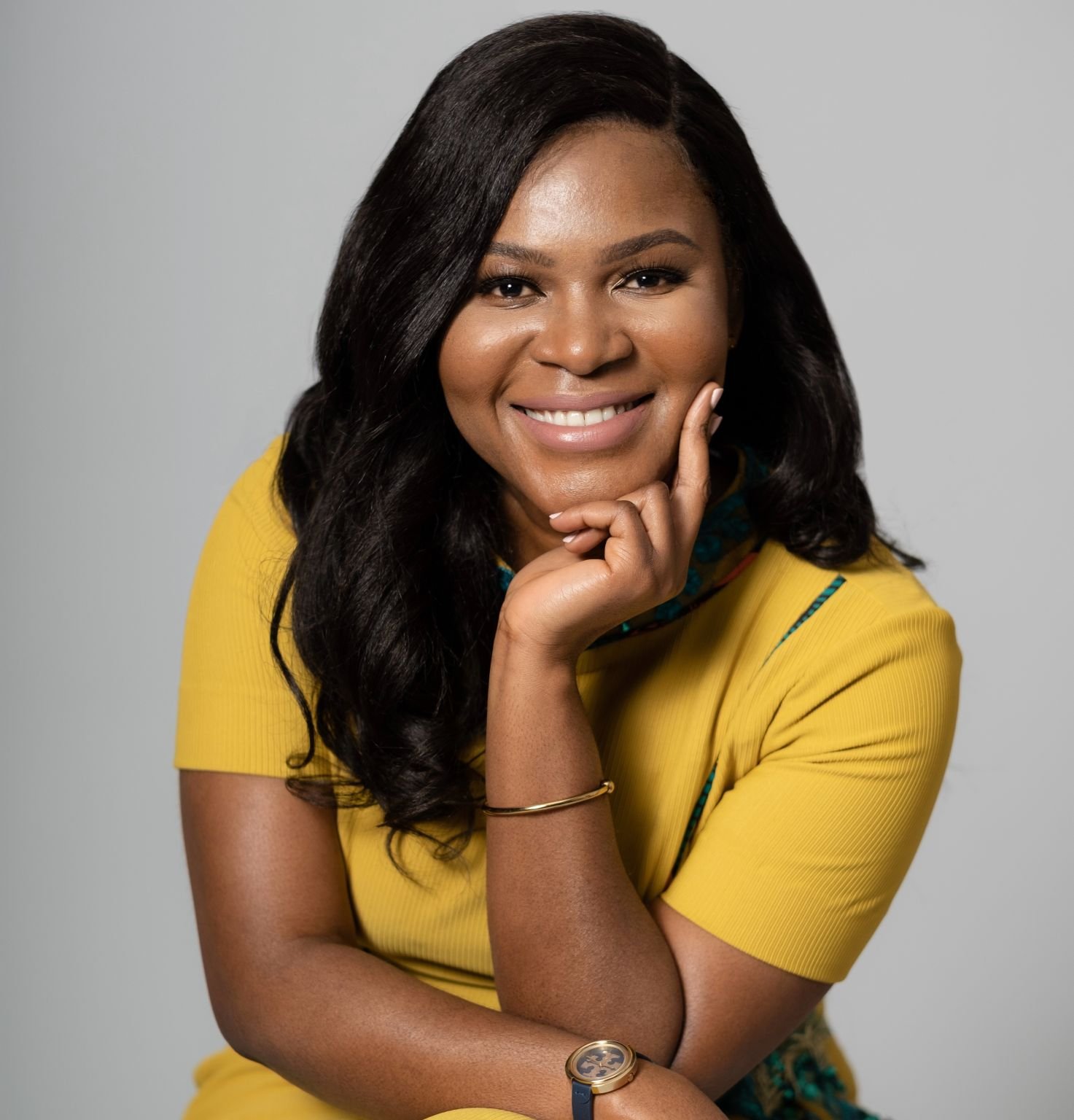Why It's Okay to End a Mentorship and How to Do It Right
Its Okay to Break Up with Your Mentor.
A few years ago, I reached out to a popular senior executive to be my mentor. She was someone I deeply admired and thought would be a great fit. However, she said “no.” While it was surprising at the time, I appreciated her honesty. In hindsight, we weren’t a match—and that’s okay.
Mentorship often exists organically within our relationships with family, friends, and colleagues. However, formal mentorship is typically built on agreed terms, requiring alignment between what you need and what they can offer.
But what happens when the relationship doesn’t go as expected?
How do you “end” a mentor-mentee relationship without burning bridges?
Before we explore how to part ways, let’s focus on how to choose the right mentor(s):
✨Look Beyond Popularity: Avoid being swayed by “celebrity” mentors. Seek someone whose values, principles, and interests align with yours. A great mentor challenges your thinking and helps you grow.
✨Diversify Your Board of Directors: Build a network of mentors for different seasons and areas of your life. No one mentor can be everything.
✨Clarify Your “Why”: Be specific about your goals and ready to engage in honest, growth-oriented conversations.
✨Aim for Mutual Value: Effective mentorship benefits both sides, fostering a relationship of respect and shared learning.
If the mentorship feels misaligned, reflect on why:
📌Identify the Issue: Is it a mismatch in communication, goals, or expectations? Refer back to your original agreement on the type of support you need.
📌Discuss It Openly: Are you comfortable raising your concerns? Can the relationship be adjusted?
📌Assess Growth Potential: Is there room for growth on both sides?
When the mentorship no longer serves your goals, it’s okay to move on—respectfully. Here’s how:
✅Communicate Your Needs: Share how your goals have shifted and ask if they can introduce you to someone better suited to support you.
✅Adjust the Cadence: Shift from regular meetings to occasional check-ins to maintain the connection.
✅Be Proactive and Direct: If the relationship has run its course, address it directly. Your growth is your responsibility, and sometimes moving on is part of that journey.
Ending a mentorship doesn’t mean severing ties. With respectful communication, you can preserve the connection while creating space for mutual growth.
When I reflect on that senior executive’s decision to say “no,” I realize it was a pivotal moment in my journey. Her honesty pushed me to think more critically about what I truly needed in a mentor and what I could offer in return. It also taught me that relationships, including mentorships, evolve and sometimes need to end for both parties to grow.
I’d love to hear your thoughts: What lessons have you learned about finding or ending mentorships?
And to the mentors out there, what’s your perspective?
hashtag#careerdevelopment hashtag#careersuccess hashtag#Mentorship hashtag#FAW
Link to article referenced above: LinkedIn Post

